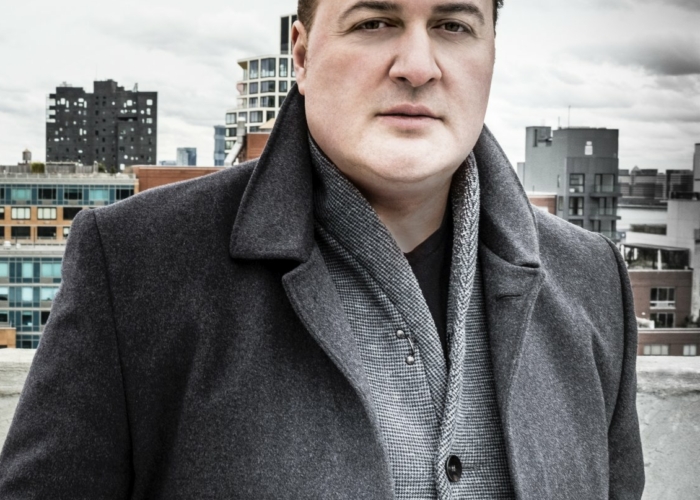
Interview
|
04.01.2023
Das Opernglas
“Wunderbare Technik”
“Der in Tiflis geborene und dort auch ausgebildete Bariton debütierte im Jahr 1996 im Paliashvili-Opernhaus als Renato in »Un ballo in maschera«, war Preisträger des Leyla-Gencer-Wettbewerbs und des Elena-Obraztsova-Wettbewerbs und errang 2005 beim Concorso Voci Verdiane von einer Jury unter dem Vorsitz von José Carreras und Katia Ricciarelli den ersten Preis. Von Deutschland aus startete George Gagnidze dann seine internationale Karriere, die ihn innerhalb kürzester Zeit an viele wichtige Opernhäuser der Welt führte. Seit seinem sensationellen Debüt als Rigoletto an der New Yorker Metropolitan Opera im Jahr 2009 zählt er zu den führenden Sängern seines Fachs.”

https://www.opernglas.de/products/das-opernglas-ausgabe-01-2022
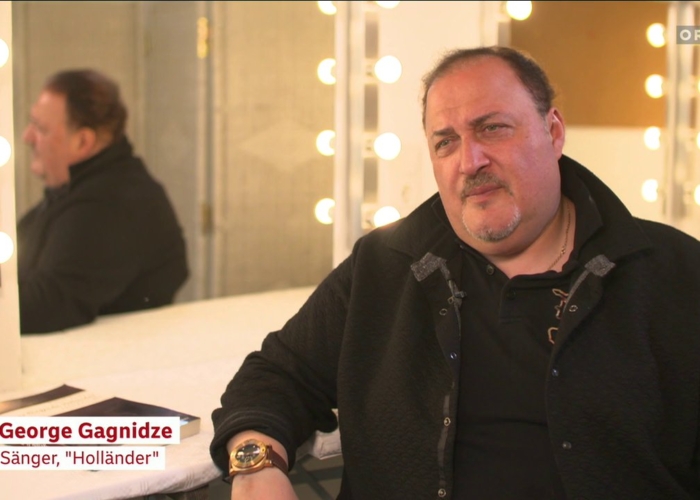
Interview
|
04.07.2025
Interview for ORF TV
In the lead-up to the premiere of Der fliegende Holländer at the Oper im Steinbruch Festival, George Gagnidze spoke with ORF TV about his role and the production in St. Margarethen. The interview, along with rehearsal footage, can be viewed here:
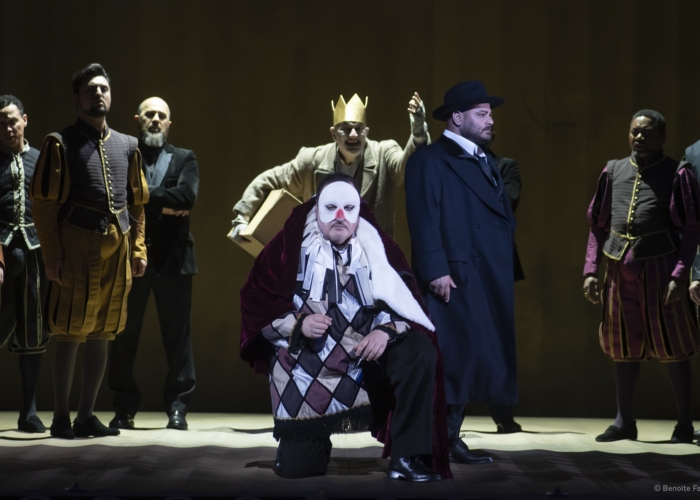
Interview
|
07.06.2025
Première Loge Interview
George Gagnidze recently spoke with Première Loge about his deep connection to Verdi and Rigoletto, the role he is currently singing at the Opéra national de Paris. The interview touches on his artistic journey, future projects, and his interpretation of one of opera’s most iconic characters.
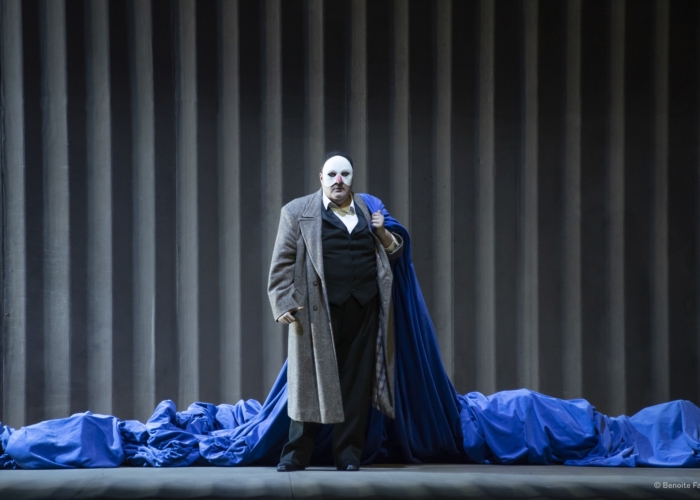
Review
|
06.06.2025
Press review “Rigoletto” in Paris, May/June 2025
“George Gagnidze, a veteran of his signature role, which he embodies masterfully with exemplary intelligence, (...) throws himself admirably into this demanding part: ... showing no noticeable signs of age ... he often reaches moments of true emotion, culminating in a faultless and particularly poignant finale.” François Lehel, Opéra
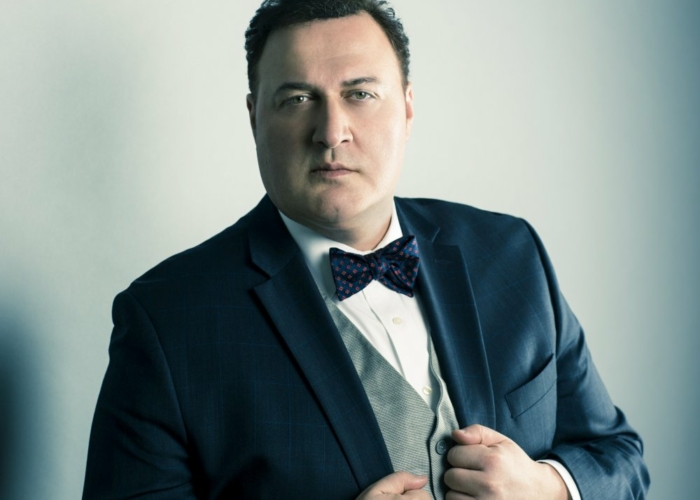
Interview
|
01.04.2025
Interview with Appreciate Opera
George Gagnidze was interviewed by Alkis Karmpaliotis for the US publication Appreciate Opera. Below you will find a preview of the feature. To read the whole interview, you may click HERE.
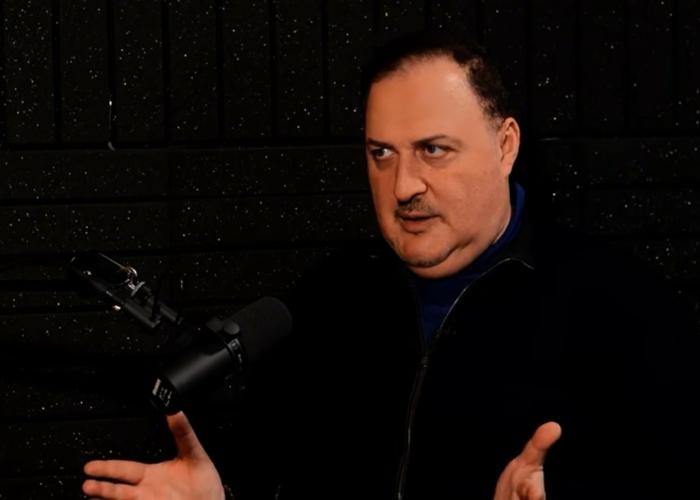
Interview
|
20.03.2025
Interview for YouTube channel Kontextus
While in Budapest, George Gagnidze had a chat with the Hungarian YouTube channel Kontextus about his career, singing Verdi and Macbeth at the Hungarian State Opera:




